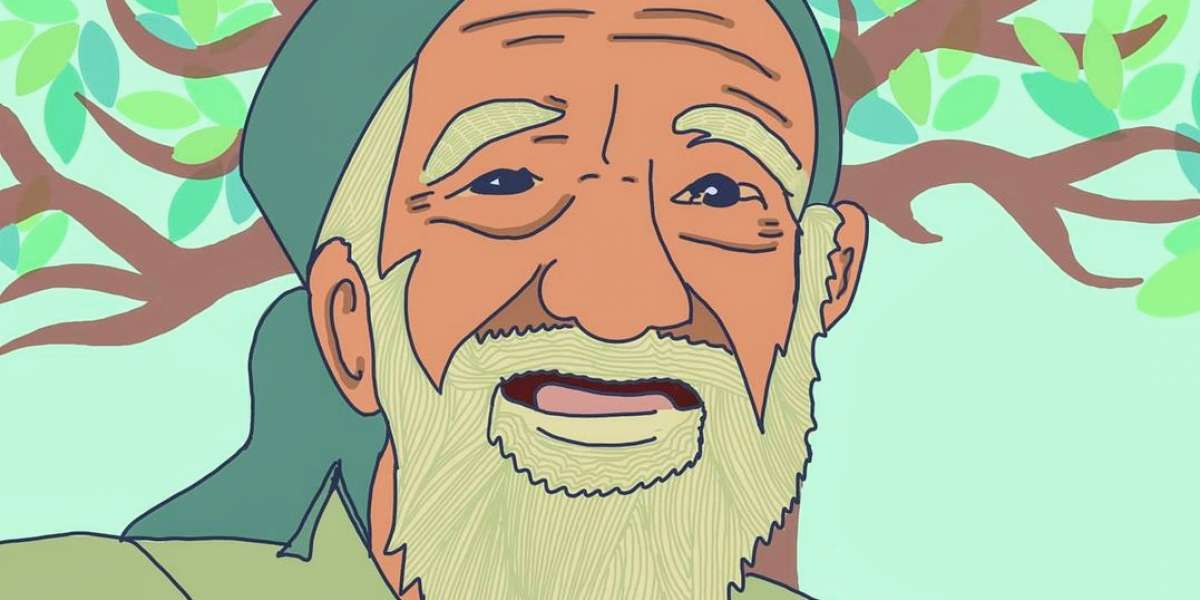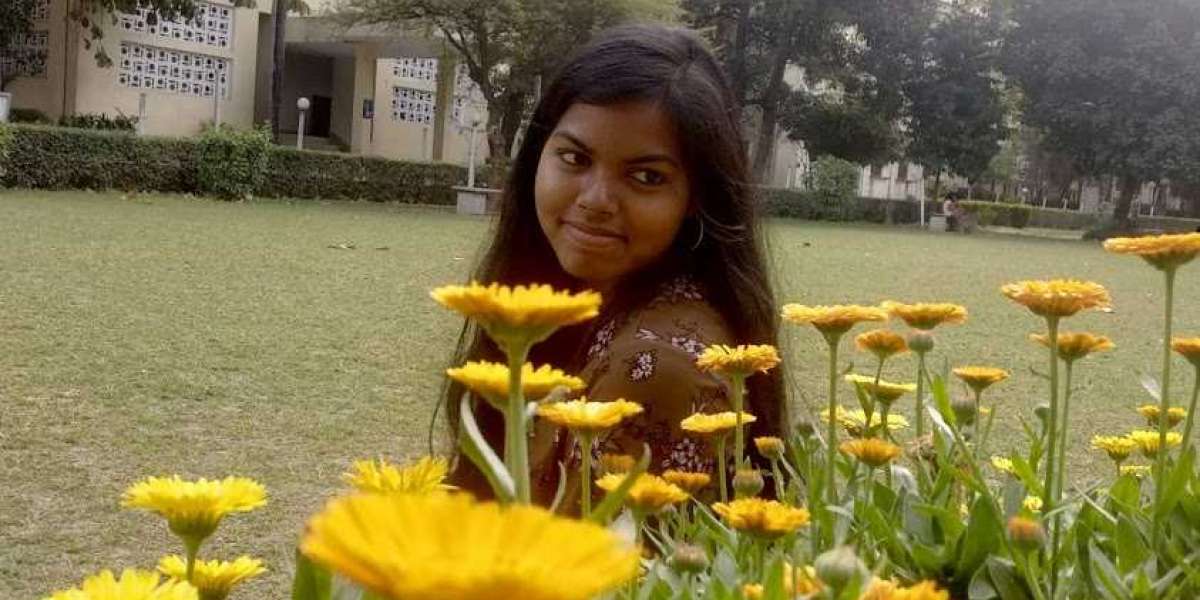Rajendra Singh Sunderlal Bahuguna, a beacon of the Indian environmental movement, will continue to be a source of inspiration from his heavenly abode. His passing is an irreparable loss for the nation. A home-grown environmentalist who steered a spontaneous ‘Chipko Movement’ of the 1970s into a strong people’s movement and saved the forests of the great Himalayas and the forest-based livelihoods of its indigenous communities was a living image of unfettered dedication.
He was born on January 9, 1927 at village Maroda near Tehri, Uttarakhand. With his wife Vimla Behen he dedicated his life to the cause of society and environment. Since his early days as an activist, he believed in the power of women. He believed that women and nature are intrinsically connected and demonstrated that they can lead change. He pioneered many social movements with women crusaders, most noteworthy were the movement against alcoholism and the anti-Tehri dam movement to save Himalayas and Ganga.
Sunderlal Bahuguna spearheaded the legendary Chipko Movement to protect the forests of Uttrakhand and the Himalayas. His contributions to the campaign on saving Himalayan forests resulted in a ban on commercial felling above 30 degrees slope and above 1,000 msl (mean sea level) in 1981. Inspired by Gandhi, he used fasting and the strength of nonviolence in his campaigns. Sunderlal ji fasted for 56 days as a part of the movement against Tehri Dam.
As a freedom fighter committed to environmental justice and ensuring human rights, he was instrumental in ensuring Dalits were able to enter temples in Uttarakhand's Tehri and campaigned against untouchability and casteism. He supported women-led movements against liquor mafias and the Beej Bachao Andalon, a movement to save Himalayan agriculture diversity from being wiped out by the unsustainable Green Revolution.
Sundarlal Bahuguna ji is a legendary inspiration for the Indian environmental movement. Activists from many generations have taken inspiration and learnt from his teachings and wisdom about the connections between forests, livelihoods, gender inequalities, and the injustice of 'development' that depleted the natural resources.









Sergio Hembrom 4 yrs
Informative ❤️